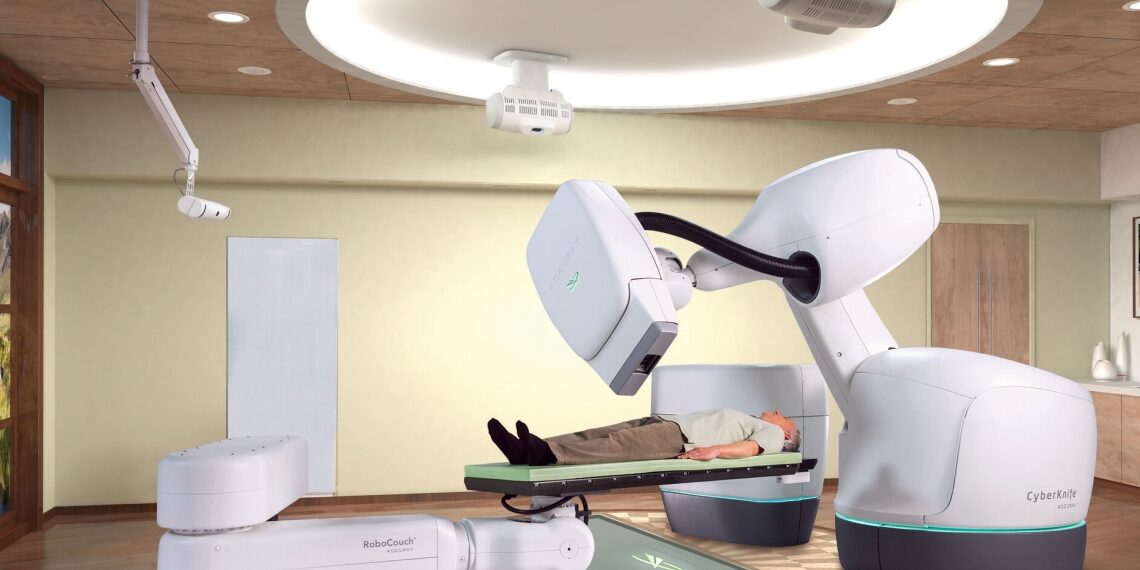New research, published in NEJM Evidence, conducted by ArteraAI, a developer of AI-enabled predictive biotests and researchers from University Hospitals Seidman Cancer Center, confirms the effectiveness of a predictive AI-discovered biomarker in selecting prostate cancer patients’ for androgen deprivation treatment (ADT). ADT, which utilizes medications to lower testosterone levels and manage prostate cancer growth, is typically combined with radiation therapy to improve patient survival rates. The AI-discovered and confirmed biomarker signals a new milestone in the field of prostate cancer therapy.
The study was a collaboration among Antera AI, NRG Oncology, a non-profit research organization, University Hospitals Seidman Cancer Center, and numerous co-investigators. As a result of this research, many patients across the nation and the globe now have access to this test through University Hospitals Seidman Cancer Center.
The study employed emerging AI deep learning techniques and histopathology image data from over 5,000 patients, participating in five Phase 3 randomized trials with long-term follow-up. The patients were enrolled from more than 100 centers in the US and Canada. Crucially, the datasets used to create the predictive AI biomarker included about 20% African American patients. This positive diversity is notable, as African American men usually account for only 10.8% of participants in prostate cancer trials. Consequently, the research encompasses a patient population at higher risk for prostate cancer, contributing to its significant impact on an under-represented minority group.
Normally ADT therapy carries substantial negative side effects, including sexual function loss and potential harm to cardiac and brain health; however, using the AI’s predictive biomarker, a significant proportion of intermediate-risk patients can avoid the associated morbidity and financial burden of unnecessary ADT treatment. Undoubtedly, this discovery will revolutionize the world-wide management of prostate cancer.
The whytry.ai article you just read is a brief synopsis; the original article can be found here: Read the Full Article…





